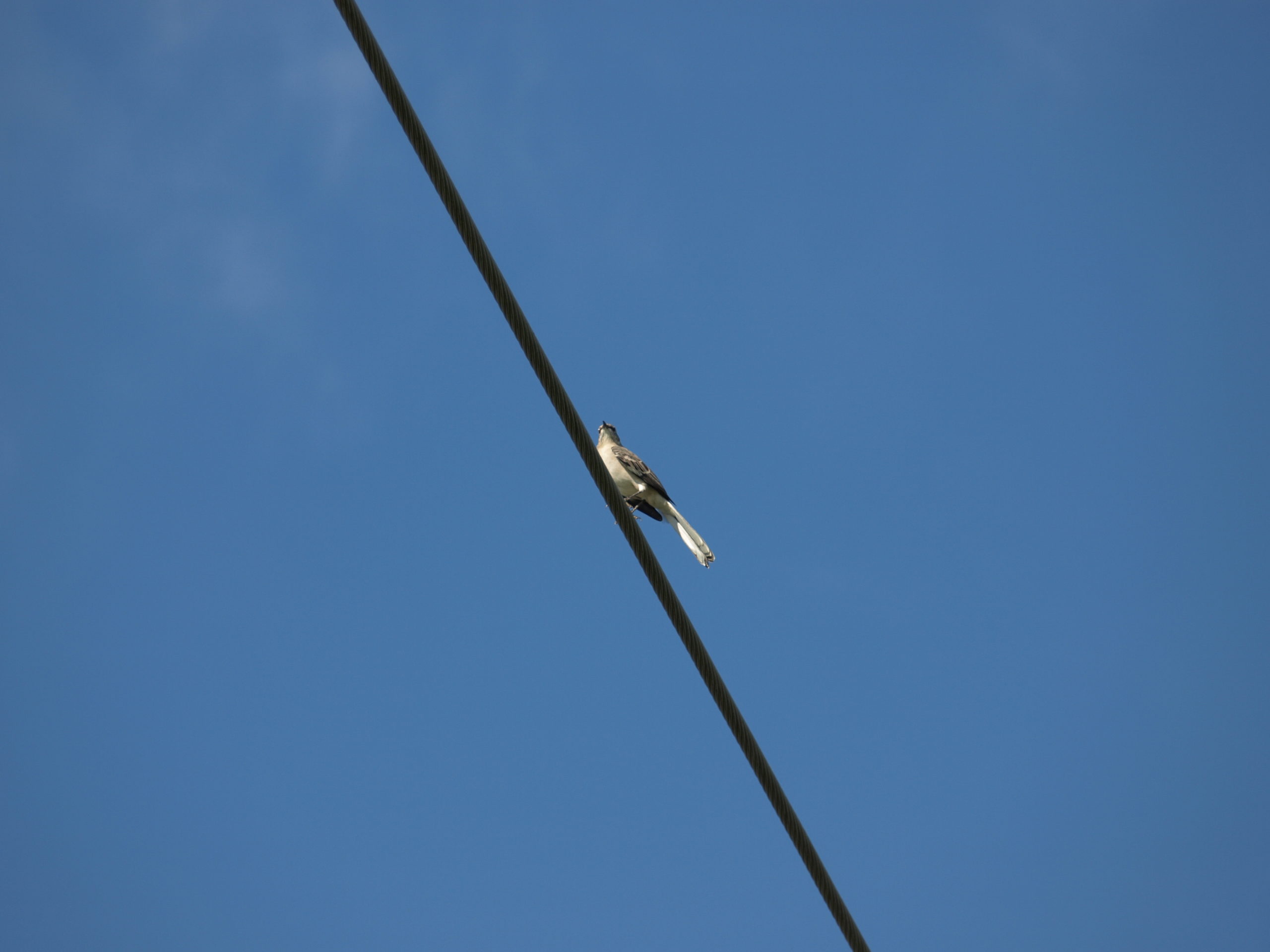Bird Ally X is managing an Avian Botulism outbreak on site at the Tulelake National Wildlife Refuge in Northern California and has an immediate need for volunteers to help care for impacted wildlife. Avian botulism is a strain of botulism that affects wild bird populations, most notably waterfowl and is not contagious. This is an...
Category: Uncategorized
Intent Not Result—Drives US Migratory Bird Treaty Act Interpretation
Part I (March 2018) On December 22, 2017, the US Department of the Interior released a new interpretation of the Migratory Bird Treaty Act (MBTA), which does not prohibit incidental take. In addition, the US House of Representatives introduced a bill in November (HR 4239) which similarly removes protections from animals affected by the energy industry (oil...
Promote mental health in the work (volunteer) place
In recent years, Lynn Miller, Sue Wylie, and I have written reminders to take time for self care in IWRC’s newsletters. After discussing the recent instances of suicide with a colleague, it occurred to me that IWRC is well placed to do more to speak up for the mental health of wildlife rehabilitators. Over the...
Together, we give knowledge
Thank goodness Black Friday and Cyber Monday are followed globally (71 countries and counting!) by #GivingTuesday, a day of social giving and philanthropy. “As a global movement, #GivingTuesday unites countries around the world by sharing our capacity to care for and empower one another.” Teach a man to fish = Train a wildlife rehabilitator The...
Recent Journal Abstracts Issue 36(3)
The full papers can be found in the Journal of Wildlife Rehabilitation 36(3), available to all IWRC members. AN ANALYSIS OF JUVENILE RED FOX BEHAVIOR IN RESPONSE TO AMBIENT TEMPERATURE CHANGES IN AN OUTDOOR PRE-RELEASE ENCLOSURE Cale Matesic and Esther Finegan ABSTRACT: The behavioral responses of 7 red fox kits to temperature changes in an...
Recent Journal Abstracts Issue 36(2)
The full papers can be found in the Journal of Wildlife Rehabilitation 36(2), available to all IWRC members. CASE STUDY: IATROGENIC DIABETES MELLITUS IN A KOALA (PHASCOLARCTOS CINEREUS) RECEIVING TREATMENT WITH PREDNISOLNE Sheridan E Lathe ABSTRACT: Diabetes mellitus is a well recognized condition in human and veterinary medicine that can be induced by the administration of...
Recent Journal Abstracts Issue 36(1)
The full papers can be found in the Journal of Wildlife Rehabilitation 36(1), available to all IWRC members. Strategies for captive rearing and reintroduction of orphaned bears John J. Beecham, I. Kati Loeffler, and Richard A. Beausoleil Abstract: Placing orphan bears in captive-rearing facilities and releasing them back to the wild is a management option...
Consider Animal Welfare When Generating Center Income: Part 1
BIO Fran Bell I am a wildlife rehabber from Perth, Western Australia. Over the last 6 years I have practiced wildlife rehabilitation in Australia, South Africa, and the UK; and worked with marsupials, placental mammals, birds and reptiles. I have undertaken several internships, including a year with penguins and other seabirds at SANCCOB in Capetown....
Conserve Wildlife, Generate Energy
Last Saturday, May 9th was World Migratory Bird Day (2015 theme Energy: make it bird friendly) and International Migratory Bird Day (2015 theme Restore Habitat, Restore Birds). Why there are different themes and names for the Eastern and Western hemisphere’s is a different topic and one beyond my scope. But there is a link between...
Financial Preparedness
This month, we delve into the topic of preparedness during a disaster, seen here in our blog entry last week. This week, we sat down with our board member and Treasurer, Mike Davidson to talk about financial preparedness in an event of an emergency. Mike is a senior auditor with Isler CPA, the IWRC’s accounting...

